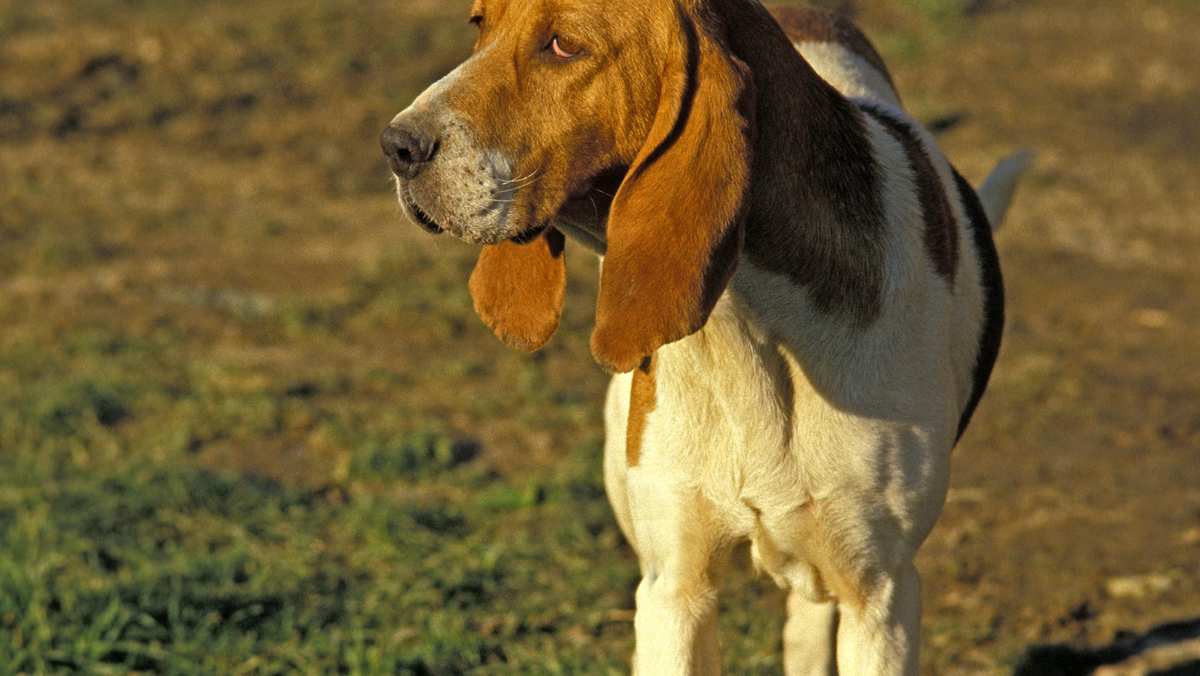Artois Hound Breed Details
The Artois Hound is a hunting dog, and they are also trackers. They are not for first time dog owners, and they may also be difficult for people who have only a little experience with dogs. For those who have a fair amount of hunting dog background, this breed is fine. Likewise, these dogs are good family companions — provided their needs are met.
PROS
- Barks very little
- Good gun dogs
- Extremely smart
- Low maintenance
- Excellent trackers
- Remarkable stamina
- Amazing sense of smell
CONS
- Very rare
- Not a guard dog
- Expensive to adopt
- Not hypoallergenic
- Not a good watchdog
- Not good with non-canine pets
- Might not get along with other dogs
- Needs a large home with outdoor space
- Requires consistent and patient training
- Has a huge need for lots of daily exercise
- Once on a scent, may be nearly impossible to call back
